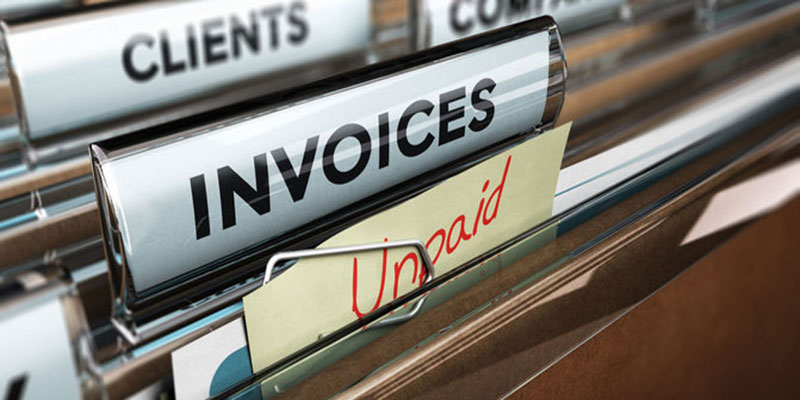Recovering unpaid invoices from customers who avoid payment
Unpaid invoices are the silent killer of modern business. The simple act of not getting paid when you should has an adverse effect on the success of any enterprise, whether large or small. Every day, millions of businesses rely heavily on getting paid on time for either the sale of products or services rendered, as this is essentially the driving cog in maintaining a positive cash flow. According to a recent survey by marketinvoice, 60% of invoices are paid late, whilst 1 in 5 invoices paid are more than two (2) weeks overdue.
There are numerous reasons why customers delay payment. However before you assume the worst, you should consider the following questions to help recover unpaid invoices from your customers.
Do you have a contract outlining your terms of payment?
It’s good business practice to discuss your prices, fees and payment conditions prior to supplying your service or product. This information should include all services and products being billed, and should clarify any additional charges. The contract should also outline both your business and the customer’s rights and responsibilities, so that there can be minimal confusion over payment obligations.
How late is late?
Most businesses state the terms of payment in their contracts and invoices, and so for late payments, following up 7-14 after the due date is acceptable.
What is their reason for non-payment?
The most common reason for missing a payment is forgetfulness, however invoices can be lost, or maybe the person responsible for settling the invoice is just behind on their workload, or maybe even that the company pays their invoices on a different payment schedule resulting in a delay between the due date and their scheduled payment. Sometimes a customer may face financial difficulty, so you may consider offering a payment plan to make it easier for the customer and allow you to maintain a positive business relationship with them. There are of course, situations where businesses have no valid reasons for missing the due date, and this is when further action is required.
What’s the best way to follow up?
Initially, querying a late payment may be done with a polite reminder email accompanied with the original invoice in order to cover the possibility that it’s been misplaced. If you are following up via the telephone, it is important to have the invoice number, date, and outstanding amount on hand, along with any information from previous attempts to contact the person or business concerned. A follow up may include a reminder of your payment conditions, such as those agreed to in the initial contract.
What if they don’t respond?
If your polite reminders aren’t working, then you may need to send a letter of demand. Within this letter, the original contract and payment conditions should be cited, along with the dates of the service provided, and any reminders sent.
You may wish to supply a reasonable ultimatum, such as informing the customer that you will cease to provide further services until the outstanding amount is paid, or that the matter will be referred to a debt collection agency: a professional organisation who specialise in claiming back unpaid invoices on your behalf.
Debt collection in Australia
Unfortunately for many Australian businesses, the process of recovering debt from customers takes up a significant amount of their time, not to mention the increased levels of stress when dealing with such issues day to day. They should be more focused on certain aspects of their business that facilitates growth, like improving their product or services they are offering to their customers, however the most concerning thing today is that it’s actually not happening. A recent global study The State of Late Payment uncovers that Australia has the lowest rating for paying invoices on time compared to 80 other countries around the world. This is quite a frightening statistic for Australian companies, and further highlights the need for businesses to make sure they have a clear debt collection process in place. Whether that’s just making sure you have the right automation for customer follow up or acquiring the services of a professional debt collector, you should always try to improve your business processes in order to maintain a strong cash flow position.

